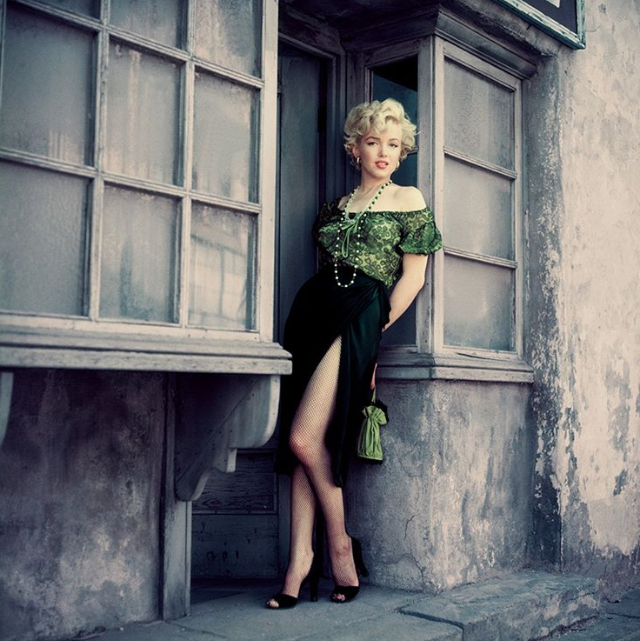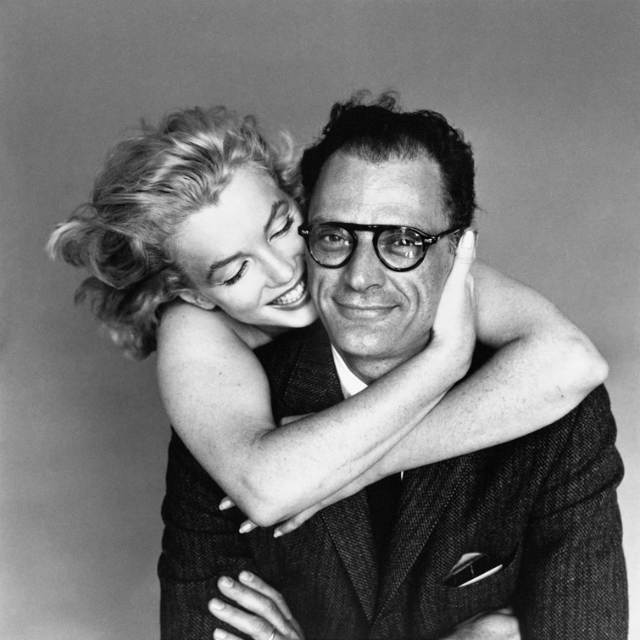The Last Lullaby — Auschwitz, 1943
At the icy dawn of winter 1943, as the first rays of daylight struggled to penetrate the barbed wire of Auschwitz, a heavy, almost unreal silence reigned over the camp. The women, clutching their children, were led along a gravel path, lined with dark barracks and chimneys whose gray smoke mingled with the low clouds. Each step echoed like a sentence, each breath was wrenched from the biting cold that penetrated the bones.
These mothers had nothing left except the fragile warmth of the small bodies they carried. Their faces, pale and drawn, told the story of sleepless nights, insatiable hunger, and unbearable anguish. Yet, in this desert of humanity, a miracle remained: maternal instinct, stronger than fear, stronger than death itself.
In the midst of this silent march, a woman softly raised her voice. Her timbre, almost broken by cold and fatigue, transformed into a melodious murmur. She was singing a lullaby, the same one she once hummed in her village, by a river, when summer evenings stretched peacefully. This song, simple and sweet, once carried children to sleep. Here, at Auschwitz, it became an invisible weapon against terror.
Soon, other women joined their voices. The hesitant notes transformed into a fragile harmony. Their voices trembled, but together they wove an invisible blanket, a veil of sound that protected the children from the surrounding chaos. In a world where everything had been dehumanized, this song became an act of resistance.
The children, huddled against their mother’s chests, closed their eyes. They had no idea what awaited them at the end of this gravel path. For them, there were no menacing chimneys, no harsh-looking guards, no orders shouted in a foreign language. There was only their mother’s voice, warm, reassuring, eternal.
In this fraction of suspended time, the Holocaust lost its complete hold. For even in a Nazi concentration camp, even in the shadow of Auschwitz, maternal love found a way to exist.
Decades later, one survivor confided in a low voice,
“I don’t remember the faces. I don’t remember the uniforms or the screams. But I remember that lullaby. It was the last sweetness in a world built on cruelty.”
This moving testimony sums up what history books cannot always say: the Second World War was not just a succession of battles and dates, but an infinity of intimate moments, gestures of tenderness, fragments of humanity snatched from horror.
In historical memory, this scene has crossed time like a fragile light. It reminds us that in the concentration camps, where dehumanization and death reigned, every gesture of tenderness was a victory.
The lullaby sung by these women at Auschwitz in 1943 wasn’t just a song to send children to sleep. It was a silent declaration: You will not take our humanity, you will not steal the love we have for our children.
Today, visiting Auschwitz is an essential step in understanding the Holocaust and passing this memory on to future generations. Walking these gravel paths, observing the barracks, and standing in front of the rails that led to the gas chambers is like confronting the raw reality of history.
But beyond the figures and the facts, it is in these true stories, in these voices of mothers and children, that the true lesson of humanity lies. The story of The Last Lullaby is not an anecdote; it is a universal symbol of inner resistance.
When we talk about the Second World War, certain keywords always come up: Auschwitz 1943 , concentration camp , moving testimony , Holocaust memory , true story . These words are not just search terms: they are gateways to knowledge and understanding.
Integrating these expressions into the story not only optimizes the visibility of this text, but above all reminds us that behind each Google query, there is a desire to know, to understand, and perhaps to pay homage.
The duty to remember is not a mere moral injunction; it is a vital necessity. Each generation must bear the weight of this history, not to lose itself in pain, but to prevent such horrors from happening again.
The children who heard this lullaby may not have survived. But their memory, passed down by a survivor, still resonates today. It is our responsibility to keep alive this fragile voice, this song that, in the hell of Auschwitz, still affirmed life.
The Last Lullaby of Auschwitz in 1943 was not meant to last. It was an ephemeral song, lost in the smoke of chimneys, crushed by the sound of boots. And yet, it transcends time. It reaches us like a whisper from another century, a moving reminder that even in the midst of World War II, even in the face of the Holocaust, a mother’s love never fades.
Perhaps this is the greatest victory: in a world built on cruelty, a few mothers have offered their children the last gentleness, the last humanity, the last lullaby.







